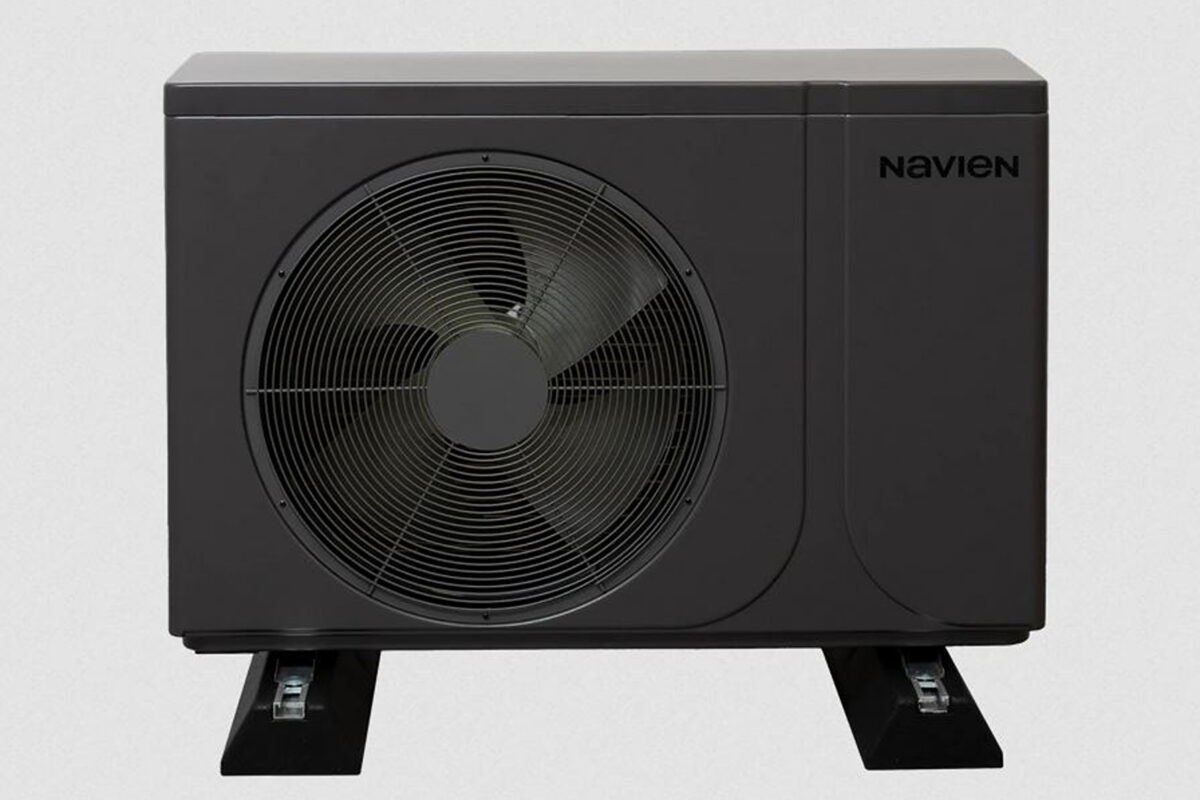Google has signed a long-term agreement with several Taiwanese energy players, for the purchase of power generated at a 10 MW solar array (part of a larger PV power plant) to be constructed at a commercial fishing pond close to Tainan City, around 100 km south of Google’s Taiwan data center in Changhua County. Both will be connected to the same regional grid.
The move represents Google’s first move to procure energy via a corporate PPA anywhere in Asia. The company notes that it is already the world’s largest corporate purchaser of renewable energy, having signed on to more than 30 solar and wind projects across Europe and the Americas. Most recently, it announced a plan to construct more than 400 MW of solar power capacity in the U.S. states of Alabama and Tennessee.
Key to the new agreement in Taiwan is a recent change to the island’s electricity regulations, which allows non-utility companies to purchase energy directly.
“A policy landscape offering a clear path to cost effective renewable power procurement is essential as more people and more organizations look to access carbon-free energy,” noted Google’s Senior Lead, Energy & Infrastructure Marsden Hanna in a blog post. “We applaud Taiwan for giving the green light to green energy initiatives like ours—the first of hopefully many more in the region.” Google also points out that it is the first company to act since the changes to Taiwan’s Electricity Act came into force.
Taiwan has set itself an ambitious target to reach 20 GW of PV capacity by 2025, and opening up its market to corporate PPAs could be seen as a way to mitigate the effects of a FIT cut announced in December, which analysts say could slow the installation rate in 2019, making the target even more difficult to achieve.
The project is a collaboration between Google and Taiwanese energy players New Green Power, Diode Ventures, Taiyen Green Energy, J&V Energy. Developer New Green Power will deploy as many as 40,000 solar panels from an unnamed manufacturer on top of poles mounted into commercial fishing ponds. According to Google, this setup will maximize land use efficiency – a vital issue in space strapped Taiwan – and benefit the fishing community, which will be compensated for allowing solar panels on its ponds.
This content is protected by copyright and may not be reused. If you want to cooperate with us and would like to reuse some of our content, please contact: editors@pv-magazine.com.




By submitting this form you agree to pv magazine using your data for the purposes of publishing your comment.
Your personal data will only be disclosed or otherwise transmitted to third parties for the purposes of spam filtering or if this is necessary for technical maintenance of the website. Any other transfer to third parties will not take place unless this is justified on the basis of applicable data protection regulations or if pv magazine is legally obliged to do so.
You may revoke this consent at any time with effect for the future, in which case your personal data will be deleted immediately. Otherwise, your data will be deleted if pv magazine has processed your request or the purpose of data storage is fulfilled.
Further information on data privacy can be found in our Data Protection Policy.